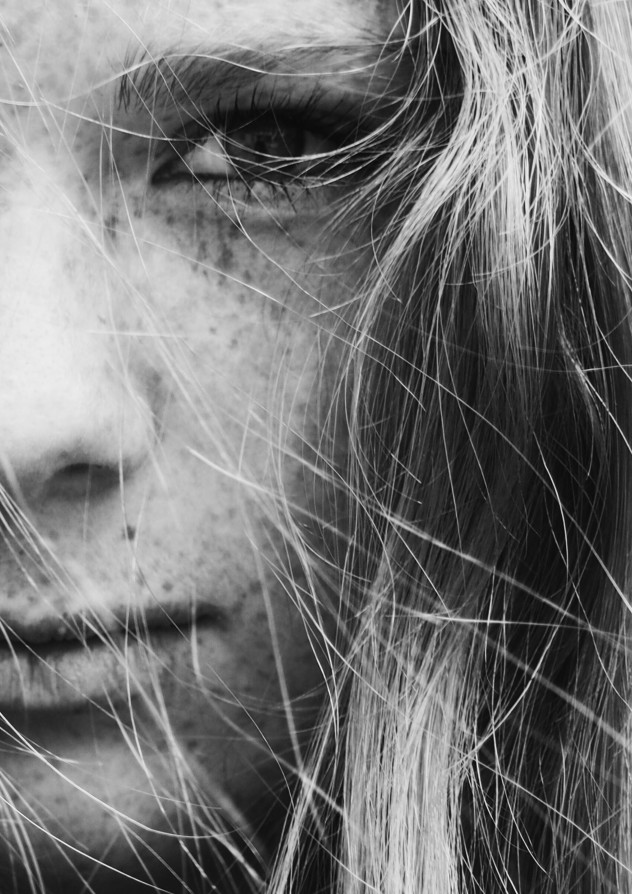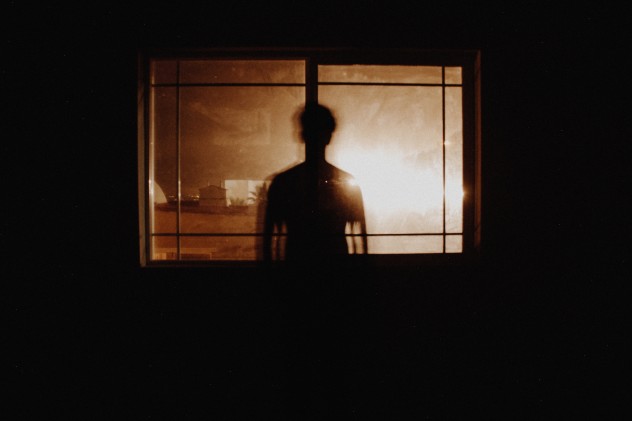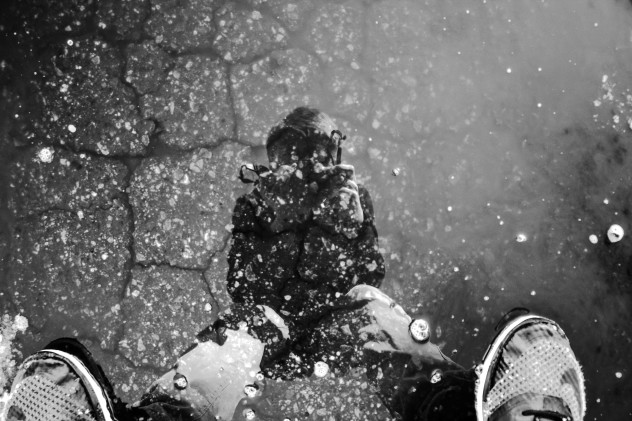This is Part I of a two-part article. Part II addresses specific emotionally abusive behaviors.
“Hurt people hurt people.”
This quote rattles around in my mind as I’m flooded with memories of rejection. It’s like a pinball moving around in my mind, each memory serving as a reminder of the pain.
Emotional abuse is serious, but I feel like it’s surrounded by an air of silence. It’s time to talk about it. Emotional abuse is essentially an assault on one’s spirit and soul. Severe forms can leave the victim internally shattered, on a search for her/himself.
Yes, individuals with narcissistic, psychopathic, and antisocial tendencies exhibit emotionally abusive behaviors more frequently and intensely than people who do not fall on the spectrum of these disorders. This article does not focus on specific personality disorders, however. This article addresses a few of the emotionally abusive and manipulative behaviors that are, sadly, more widespread in our society and relationships than perhaps we would be willing to admit.
Diagnoses or labels aren’t going to solve the problem or lessen the pain. Obtaining information that will empower you, protect you, as well as help you recognize emotionally abusive behaviors is time better spent. Too many times, we remain quiet about these behaviors. We become confused, embarrassed, or uncertain about what exactly is happening and we don’t know where to turn. I want you to know that the first step in recognizing emotional abuse is your gut feeling telling you that something is off. You might not know exactly how to put it into words, but you know that something just doesn’t feel right. Listen and trust yourself. Your intuition is you in soul form.
I will not expand in detail about the effects of parental emotional abuse. However, unfinished business with your parents, especially if you grew up in an emotionally invalidating, abusive, neglectful, and/or smothering home will continue to make itself known throughout your adulthood, until you do the work to heal from the wounds sustained in that environment. I mention this because some of the externalizing behaviors that an adult abused as a child can display is treating another person in the same or similar way that he/she had been treated by his/her parents. Anxiety, physical and verbal aggression (lashing-out), defensiveness, hostility, and impulsivity are some externalizing characteristics that adults of childhood emotional abuse can frequently display.
What is Emotional Abuse?
Emotional abuse is any behavior or act that belittles, ignores, intimidates, demeans, corrupts, invalidates, scares, rejects, isolates, subjugates, and/or punishes another person, with the goal of exerting power and control over them in some way. This is done by inflicting fear, uncertainty, degradation, or humiliation.
Emotional abuse corrodes the victim’s sense of self, devastates their self-esteem, and damages their self-worth. The victim is often left questioning themselves and their sense of reality. The effects are abundant and often quite severe, including depression, anxiety, restlessness, confusion, difficulty making decisions, difficulty with focus and concentration, feelings of worthlessness and hopelessness, self-blame, self-destructiveness, lack of motivation, and low self-esteem. If you are someone who has experienced emotional abuse, I encourage you to seek support and healing in the form of therapy. You will find that a journey of rebuilding your sense of self or reconnecting with your higher Self will take you places that you might have been avoiding but that you need to confront. It is truly a journey of healing and coming home, a coming home to you, where you welcome, accept, and nurture your soul in a way that you’ve always longed for.
In a compassionate reframe of the argument, people who exhibit emotionally abusive behaviors are usually hurting and living in pain themselves (yes, even the narcissists and psychopaths). There’s usually a disconnect between their emotions and their whole selves; these origins almost always reach back to childhood. A fragmented self develops as a result of a repeatedly invaliding, abusive, neglectful, smothering, rejecting, dismissive, and/or abandoning childhood environment. One of the most damaging things for a child is to feel unseen and unheard. Parents have the responsibility of mirroring a child’s emotional self back to the child. When the mirror’s reflection is skewed or worse, when no mirror exists to reflect a child’s emotions in a healthy and nurturing way, the child develops with a fragmented sense of self.
This is why there’s cases of unintentional emotional abuse and manipulation. Not every perpetrator of emotional abuse seeks to destroy their victim, not every perpetrator of emotional abuse has the diagnosis of narcissistic personality disorder or antisocial personality disorder. Believe it or not, we have all perpetrated emotional abuse towards someone in our lives. Single or infrequent occurrences of immaturity and emotional manipulation when our emotions get the best of us isn’t uncommon. It becomes a problem when the behaviors are persistent and pervasive in the relationship. A romantic relationship is at a higher risk of being affected by emotional abuse if one or both partners have unresolved emotional wounds that prevent them from becoming fully vulnerable. A person’s idea or understanding of love may be rooted in the need to control their partner, which also acts as a buffer for their own insecurities and unresolved wounds. It goes something like this:
If I can’t control or understand my own emotions or pain, controlling you will make me feel and seem in control, and I’ll never have to access emotions that cause me deep pain. I can continue running away from myself as I try to run you and compensate for my own insecurities and shortcomings by controlling everything else in my environment, including you, my partner.
Sound familiar?
Accountability, Recovery, and Healing
In spite of one’s pain and abusive childhood, emotionally abusive behaviors are not okay and can cause deep invisible scars. Recovery and healing is possible, for both victims and perpetrators. But it takes courage, awareness, and acknowledgment to realize there is a problem. Without acknowledgment and honesty, nothing can ever change or improve. This is difficult work because it takes us all the way back to childhood and the painful environments we grew up in. But that’s the way to heal. By uncovering the past, we become aware of how it continues to be present today and how it continues to affect and run our lives.
Humans are habitual creatures. To add to the above point of “unintended” emotional abuse – If you have been used to acting or reacting in a certain way for most of your life and have a desired outcome imagined with each interaction, you act in exactly that way, a way that feels familiar and comfortable to you. But you might not realize that the interaction(s) or relationship that you now find yourself in has turned manipulative and unhealthy. If your goal from an interaction is to exert power and control at the expense of the other person’s emotions, needs, or pleads, you are probably engaging in emotionally abusive and toxic exchanges.
This uncertainty that may exist about your own behavior is yet another reason why working through any childhood or past wounds is so important. David Richo writes about transference in the context of our everyday lives, not just as a dynamic in the therapy process. In his book, When the Past is Present ˡ, Richo asserts that if we’re not careful or self-aware, we will perpetually cast current people in our lives in the roles of previous people who have harmed or pained us. This is done in an attempt to resolve the core wound, which usually dates all the way back to our childhood. Paying attention and becoming aware of our triggers and emotional pain in adulthood serves as a window into the unfinished business from our childhood. Richo argues that working through and letting go of our childhood or past wounds is really the only way that allows us to see the current people in our lives for who they really are, instead of as our parents, past lovers, or even past perpetrators.
Footnote
1. David Richo has written some of the best books on emotional abuse, healing from emotional abuse, compassionate loving, mature intimacy, and so much more. You can buy his book, When the Past is Present here.
Look for the next post where I’ll discuss 6 forms of emotional abuse.
Thanks for reading! Share the article below.
3




1 comment on “Invisible Wounds Hurt Too: A Closer Look into Emotional Abuse” Add yours →